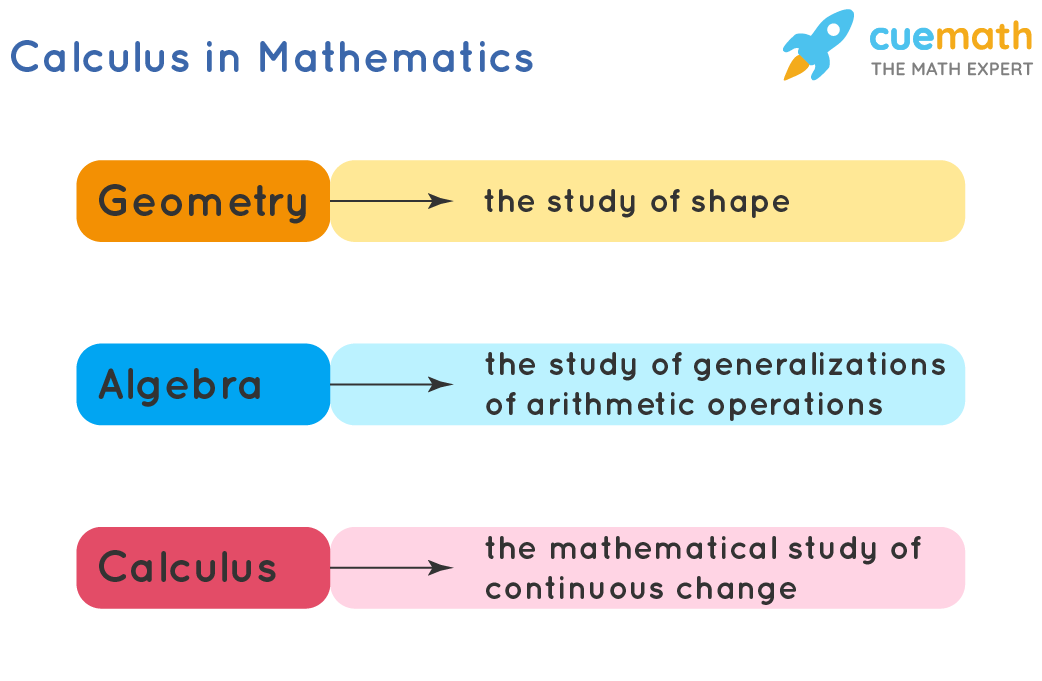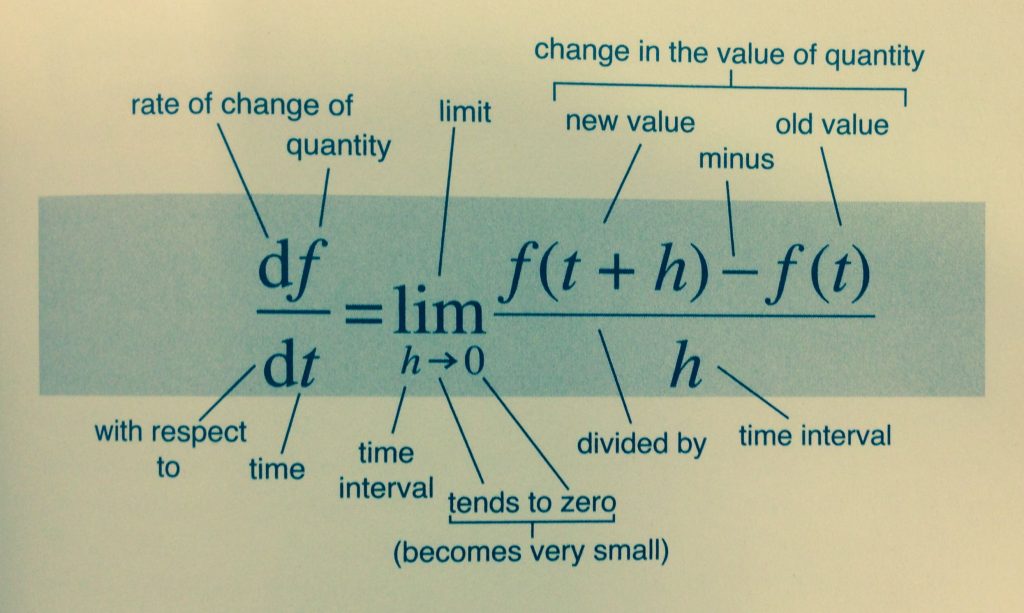Calculus, a branch of mathematics, is a subject that many students find challenging to understand. However, it is a fundamental area of study that has numerous real-world applications. In this post, we will explore what calculus is, how it works, and some of its many practical applications.
The Basics of Calculus
Calculus involves the study of two main branches: differential calculus and integral calculus. Differential calculus involves studying the rate of change of functions or how things change over time. Integral calculus, on the other hand, is concerned with the accumulation of things over time. Both branches are integral to the understanding of calculus as a whole.
In differential calculus, we study the slope of curves at various points, while in integral calculus, we study the area under curves. These concepts are closely related, and together, they form the foundation of calculus.
Practical Applications of Calculus

Calculus is used in a wide range of practical applications, from physics and engineering to economics and medicine. In physics, calculus is used to study motion, as well as the behavior of fluids and gases. Calculus is also used extensively in engineering to design buildings, bridges, cars, and airplanes, among other things.
In economics, calculus is used to study optimization problems, such as maximizing profits or minimizing costs. In medicine, calculus is used to model biological systems, such as the spread of diseases or the functioning of the human body.
The Future of Calculus
As technology continues to advance, the applications of calculus are expected to grow. With the rise of artificial intelligence and machine learning, calculus is becoming increasingly important in fields such as data science and cybersecurity. The ability to analyze data and make predictions based on that data requires a solid understanding of calculus.
In conclusion, calculus is a fascinating area of study that has numerous practical applications. Although it may be challenging for some students, it is a subject that is well worth the effort to master. Whether you are studying physics, economics, or data science, a solid understanding of calculus is essential for success.
If you are looking for calculus | Definition & Facts | Calculus, How to study physics, Product you've visit to the right page. We have 6 Images about calculus | Definition & Facts | Calculus, How to study physics, Product like Mathematical Economics: Definition, Uses, and Criticisms, Calculus - Formula, Definition, Examples | What is Calculus? and also Math Courses at University of Houston - OneClass Blog. Here it is:
Calculus | Definition & Facts | Calculus, How To Study Physics, Product
 www.pinterest.com
www.pinterest.com Calculus - Formula, Definition, Examples | What Is Calculus?
 www.cuemath.com
www.cuemath.com calculus examples example basic suppose input output pizza want box there
What Is Calculus? – The Calculus Conversation
calculus
Calculus - Formula, Definition, Examples | What Is Calculus?
 www.cuemath.com
www.cuemath.com calculus integral differential important examples function mathematics
Mathematical Economics: Definition, Uses, And Criticisms
:max_bytes(150000):strip_icc()/calculus-on-blackboard-79338340-743260b08595401d8b4922853b3a4bad.jpg) www.investopedia.com
www.investopedia.com Math Courses At University Of Houston - OneClass Blog
 oneclass.com
oneclass.com calculus math limits formulas algebra ap limit differential differentiation derivative mathematics equation pre learning calc maths function formula memes where
Mathematical economics: definition, uses, and criticisms. Calculus math limits formulas algebra ap limit differential differentiation derivative mathematics equation pre learning calc maths function formula memes where. Calculus integral differential important examples function mathematics
Keine Kommentare:
Kommentar veröffentlichen